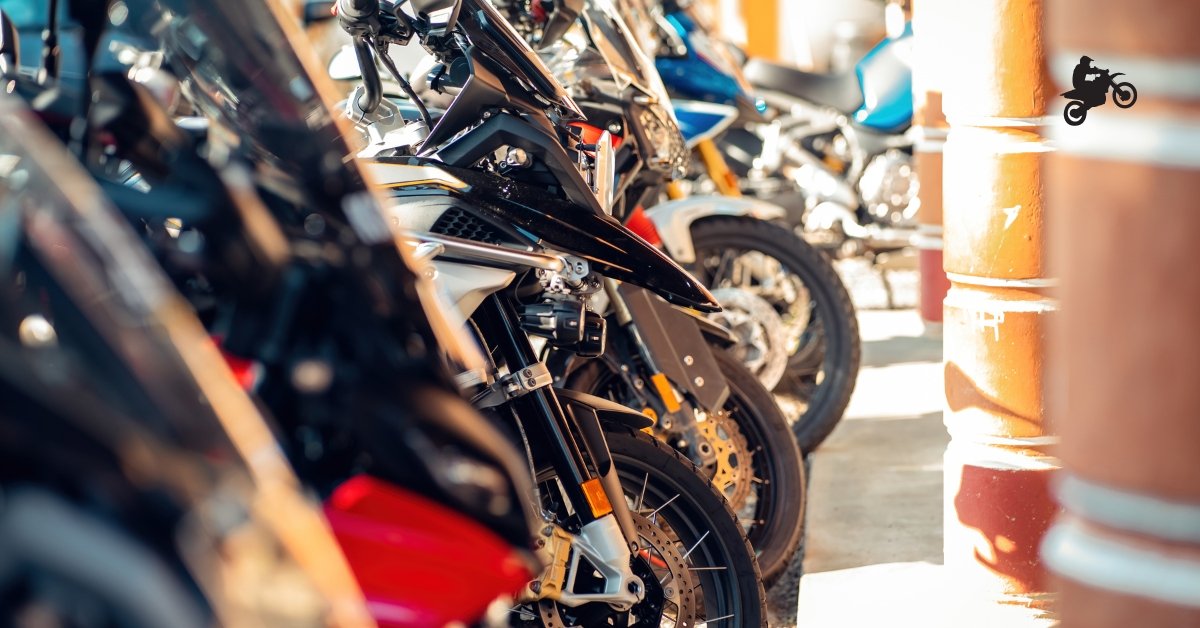Indian two-wheeler exports surged 30% in H1 2024, driven by market recovery and strategic OEM initiatives. Discover the latest trends and data.
Table of Contents
The first half of 2024 has shown a remarkable uptick in two-wheeler exports from India, indicating a positive trend in the automotive industry.
According to data from the Society of Indian Automobile Manufacturers (SIAM), two-wheeler exports increased by 30% between January and April 2024, with 12,36,384 units exported.
This is a significant rise compared to the 9,58,951 units exported during the same period in 2023.
Export Data Overview
To provide a clear comparison, here is a table showing the month-wise export data for the first four months of 2024 and 2023:
| Month | Two-Wheeler Exports 2024 | Two-Wheeler Exports 2023 |
|---|---|---|
| January | 2,60,308 | 2,20,103 |
| February | 3,28,082 | 2,35,087 |
| March | 3,27,117 | 2,45,574 |
| April | 3,20,877 | 2,58,187 |
| Total | 12,36,384 | 9,58,951 |
Factors Contributing to the Growth
Anuj Sethi, Senior Director at CRISIL Ratings Ltd., attributes this growth to a slight recovery and stabilization of the environment in some export regions and a moderation in oil prices.
However, he notes that the recovery is still fragile, and its sustainability remains uncertain.
In previous years, exports were impacted by consumer price inflation, high interest rates, and foreign currency-related issues, causing consumers to switch to used vehicles or defer purchases.
Market Dynamics and OEM Strategies
Indian two-wheeler manufacturers target diverse markets, including Colombia, Nigeria, the Philippines, Mexico, Sri Lanka, Bangladesh, Egypt, and Nepal.
Rakesh Sharma, Executive Director of Bajaj Auto Limited, explained the company’s approach to overseas markets by categorizing them into stressed, recovering, and new markets.
He highlighted the ongoing macroeconomic and geopolitical challenges but noted that the number of severely affected markets is reducing.
Production Increase
Alongside the export growth, the production of two-wheelers also saw a significant increase, with an average 20% rise between January and April.
74,57,879 units were produced in the first four months of 2024 compared to 59,47,723 units during the same period in 2023.
Strategic Changes and Future Outlook
Hero MotoCorp Limited is also optimistic about future growth.
During an earnings call, CEO Niranjan Gupta mentioned changes in distributors in several markets and new market entries, including forming a subsidiary in Brazil.
These strategic moves will bolster their international business in the coming years.
Conclusion
The steady growth in two-wheeler exports and production in 2024 is a promising sign for the Indian automotive industry.
While challenges remain, major OEMs’ proactive strategies and the stabilization of key markets suggest a positive outlook for the future.
By monitoring these trends and making strategic adjustments, Indian two-wheeler manufacturers can capitalize on the growing demand in international markets.







